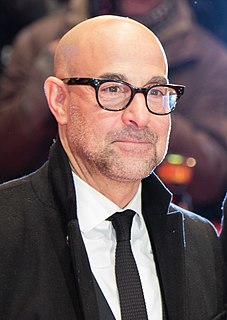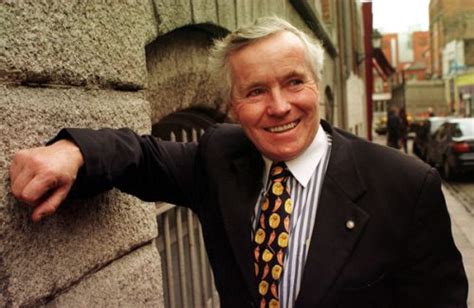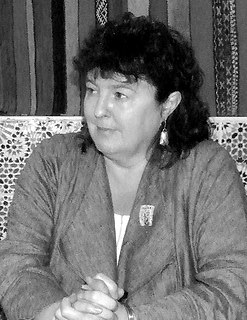A Quote by Felix Dennis
When you're writing, you're in a totally different zone... I can start a difficult poem and look up at the clock and see to my astonishment that three hours have passed.
Related Quotes
I remember the few times that happened to me in writing, where you basically start writing and you look at the clock and six hours have gone by and you're, like, "Whoa! What the hell just happened?" And that piece ends up in the final product even though the final product is three years away. It doesn't get rewritten. It came out the right way. But that's happened to me so few times in my life.
'Particularly' is particularly difficult because the 'L' and the 'R' are totally different, like totally different letters. I would spend hours in front of the mirror with my dialect coach to observe my tongue. You don't think, when you speak, about all the things that happen in your jaw and your mouth, how everything reacts, so you have to watch all those things and realise we have a totally different use of our tongue and jaws.
I was reading an article in the 'New York Times;' it talked about being in the zone, and being in the zone you're so focused that time ceases to exist. It's when you think, 'Oh, I've been doing this for five hours and didn't even know it.' It's the difference between hard work and going, '12 o'clock, not moving.'



































